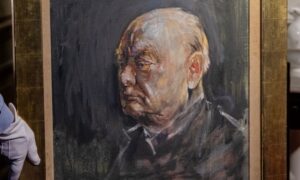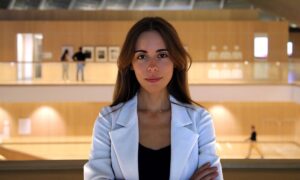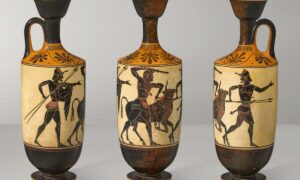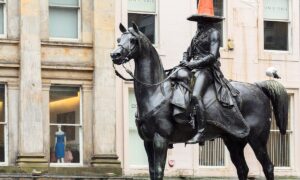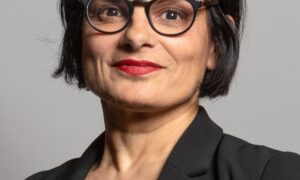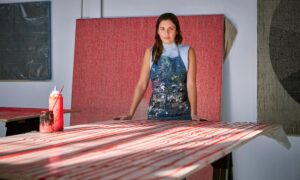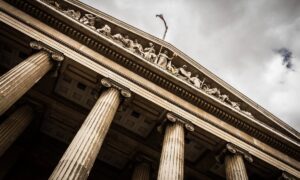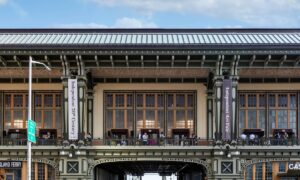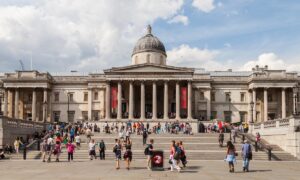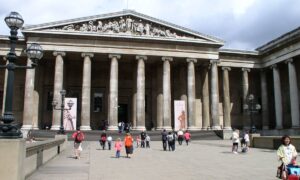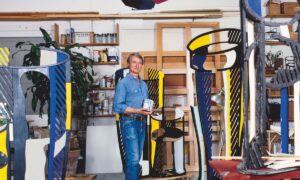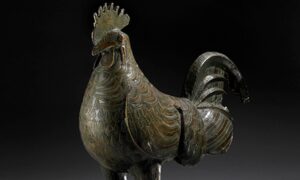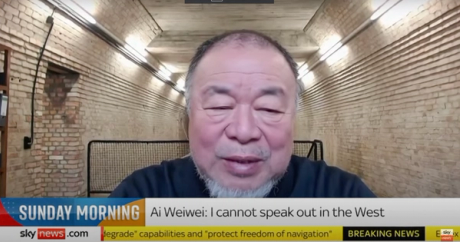
The Chinese artist and activist Ai Weiwei has gone into more detail about his views on censorship in the West after telling Sky News in an interview at the weekend that “in universities, in the media, political sector, everywhere—you cannot talk about the truth”. In the interview, Ai referred to the reported suspension of professor Tomasz Skiba from New York University following social media posts related to the Israel-Hamas war.In the television interview, Ai also discussed the cancellation of his exhibition at Lisson Gallery last year following his controversial statement on social media relating to the Israel-Hamas war. Ai’s tweet was posted in Mandarin. His studio provided the translation published by The Art Newspaper, which they said accurately reflected Ai’s original tweet. “The sense of guilt around the persecution of the Jewish people has been, at times, transferred to offset the Arab world,” Ai posted at the time.Explaining his recent comments further, Ai tells The Art Newspaper, “In the context of censorship in the West, there was a prevailing illusion that the West embodied greater freedom of speech and press, portraying itself as a society with minimal censorship. Yet, I believe that censorship persists wherever there is power.“Unlike traditional authoritarian regimes that directly target individual speech, censorship in the West manifests itself more subtly within the framework of so-called democratic politics and the broader concept of so-called freedom of speech. Criticism and dissenting thoughts that diverge from the established values and corporate interests are often subjected to censorship to varying degrees.”Ai says that when such criticism touches upon sensitive topics like war and the arms trade, mainstream media and government narratives tend to remain unchallenged. He adds: “While individuals may still voice their opinions, their impact on shaping societal ideology is often minimal. That’s why I think Western censorship operates in a more concealed, solid and enduring manner. This poses a greater threat as people are lulled into believing in the absence of censorship in the West.”On the issue of freedom in Western institutions, he says: “Censorship, in fact, arises from the vulnerability of power. When power is weak and unable to confront the truth, censorship becomes apparent. The Western framework, despite its aspirations towards advocating for science and other fields, finds itself in a fragile state today. It is evident across all levels of education, from elementary schools to universities, and in public discourse, mainstream media, entertainment and the realms of politics and finance—all heavily controlled in terms of speech. This situation hinders the development of a truly civilised society and instead propels it towards regression.”In the Sky News interview, Ai also compared censorship in the West to China’s Cultural Revolution when thousands of Chinese citizens were persecuted under the regime of Mao Zedong. From 1966 until his death ten years later, Mao mobilised China’s young people against wider society and sanctioned torture and public executions. Cindy Yu, assistant editor at the UK news magazine The Spectator, told Sky News that the comparison was “borderline offensive”.

